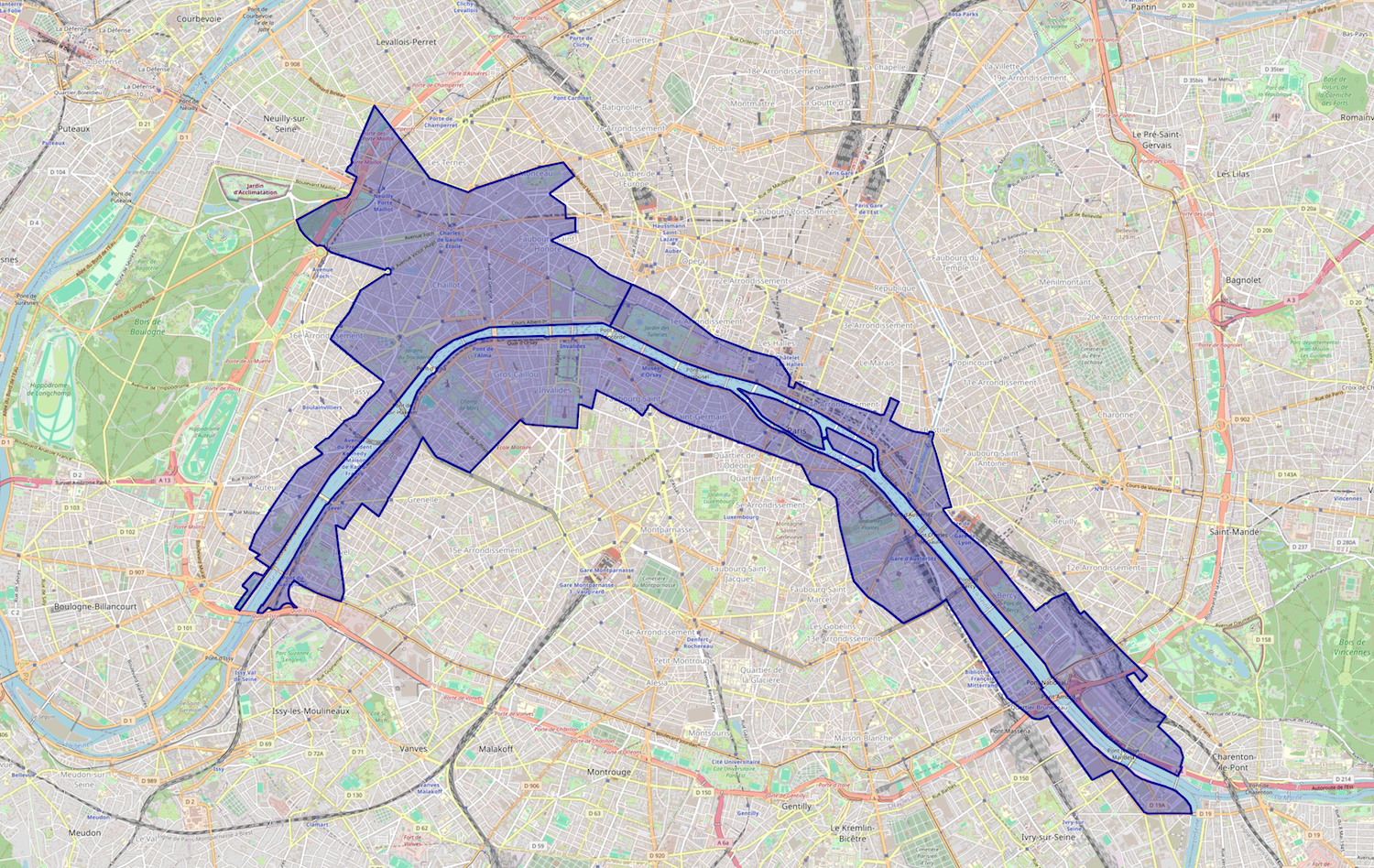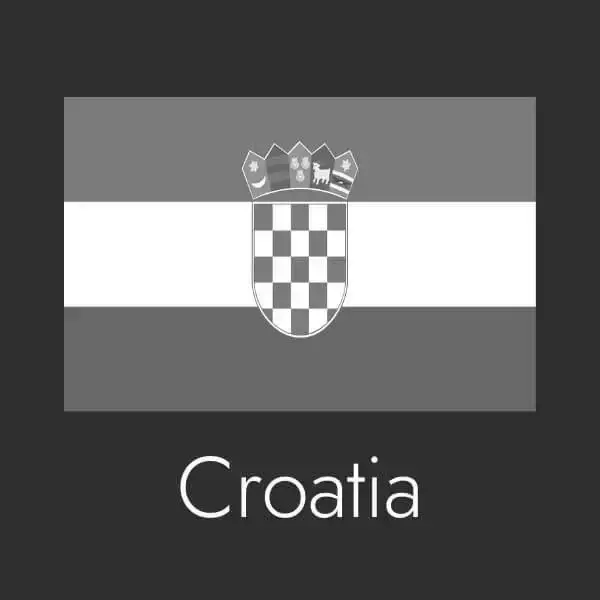With the Paris 2024 Olympic Games on the horizon, France is preparing for a massive influx of visitors to cheer on the 10,500 Olympic and 4,350 Paralympic athletes, representing 54 sports, spread across 72 host communities. More than 40,000 volunteers will be mobilized for this major event, with almost 13 million tickets available for sale. This international sporting event requires exceptional resources, particularly in terms of technology, to guarantee its success and safety.
The French government and the city of Paris have had to adapt by equipping themselves with new devices to communicate effectively with the general public, manage population flows, prevent incidents, adjust schedules, coordinate security services on the ground, and so on. In this article, we take a look at the latest technological developments.
FR-Alert: a more effective approach to public communication
Since 2022, France has been equipped with Intersec's FR-Alert population alert system, a crucial element in improving communications with residents, visitors, sports delegations, and operational teams deployed in the field. Tried and tested on several occasions (flooding in the French Hauts-de-France region, cyclones on Reunion Island, and extremely violent storms in 5 eastern French departments), this system alerts a wide audience in the event of a major incident and supports public authorities in crisis management in real-time. By combining cell broadcast and geolocated SMS mobile technology channels with traditional communication channels (sirens, websites...), the government can broadcast geo-targeted and contextualized alerts to almost 95% of the French population.
Tests have been rolled out across the country to raise awareness of the importance of security and to train users in various crisis scenarios. In the current context of growing geopolitical tensions, it is essential to get people used to the risk, both to familiarise them with the system and to get them used to receiving alerts on their mobile phones and following the safety instructions issued by the prefectures.

Definition of the perimeters for the Olympic Games. Source: FR-Alert website
Alerts sent via the FR-Alert system comply with the CAP protocol to enable recipients to instantly understand the severity and urgency of the situation and the safety instructions to be followed, regardless of the channel used (SMS, social networks, website, etc.). This unified protocol applies the same criteria to all distribution channels, ensuring consistency and reliability in the transmission of information.
From alert to crisis management
FR-Alert provides authorities with essential tools to support crisis management:
- The diversity of communication channels means that the most appropriate ones can be chosen and combined according to the nature of the crisis
- Geo-targeting and retargeting capabilities improve crisis management with contextualized messages to people at the epicenter or on the outskirts of the danger zone, those entering or leaving it, or even warning when it is possible to return
In general, population alert systems can go a step further and offer real-time visualization of the situation on the ground - known as a digital twin - facilitating rapid decision-making and coordination of operations in the field. Population density maps can help the relevant authorities improve their situational awareness and trigger automated actions tailored to each scenario.
Transport, traffic, intelligence...: the technological challenges of the Olympic Games!
The Olympic Games are also an opportunity to meet new technological challenges:
- Security perimeter management: A QR code will be required to access areas around the Seine and Olympic venues, enabling strict access control and the exclusion of high-risk profiles.
- Electric transport: Despite environmental criticism, Transport Minister Patrice Vergriete has given the go-ahead for flying cabs to be tested during the Games.
- Algorithmic video surveillance: Equally controversial, this technology could detect intrusions, abandoned objects, weapons, wrong-way traffic, people on the ground, and abnormal movements.
- Cybersecurity and intelligence: The Ministry of the Interior has set up an Olympic Intelligence Center presented as "a synthesis level responsible for integrating the information gathered by the services making up the French intelligence community."
Technological innovation is indeed at the heart of the Paris 2024 Olympic Games to ensure maximum protection for athletes, visitors, and residents alike. France wanted to position itself not only as the host of the 2024 Olympic Games but also as a pioneering state in the use of cutting-edge technologies to ensure the safety and security of people on its territory.
 Leveraging technology for public safety at the Olympics" />
Leveraging technology for public safety at the Olympics" />


.jpg)
.jpg)








.webp)


.webp)




















